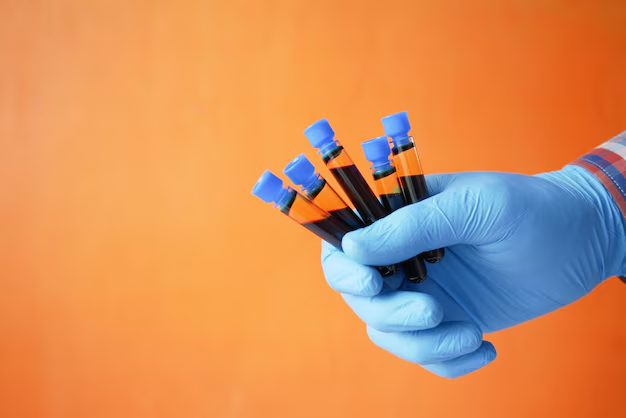How to Become a Phlebotomist in Pennsylvania: Degrees, Certifications, and Training
Becoming a phlebotomist in Pennsylvania is an excellent opportunity for individuals interested in starting a career in healthcare. Phlebotomists play a crucial role in medical settings, responsible for drawing blood for tests, transfusions, and medical donations. While Pennsylvania does not mandate a specific state license to practice phlebotomy, obtaining the right education and certification can enhance job prospects and professional credibility. Aspiring phlebotomists typically pursue a formal training program, often offered through community colleges or vocational schools, which covers anatomy, physiology, and practical skills such as venipuncture. Furthermore, most employers prefer candidates who have earned a phlebotomy certification from a recognized organization like the American Society for Clinical Pathology (ASCP), National Phlebotomy Association (NPA), or American Medical Technologists (AMT).
While a college degree is not necessary to become a phlebotomist, those considering an advanced position may benefit from additional education in health sciences. Certification ensures that phlebotomists meet industry standards, providing reassurance to both employers and patients of their proficiency in this technical and sensitive healthcare role. Engaging with these educational opportunities can pave the way for career advancement and specialized roles within the medical field.
Education and Certification Pathway
- 🎓 High School Diploma/GED: Essential for entry into phlebotomy training programs.
- 🏫 Phlebotomy Training Program: Typically lasts a few months and includes both classroom and practical experience.
- 📜 ASCP Certification: Recognized nationwide and signifies a high standard of competence.
- 🔖 NPA Certification: Focuses on ethical practices and patient care.
- ✅ AMT Certification: Offers added value for career progression with specialized credentials.
By pursuing these educational pathways, aspiring phlebotomists in Pennsylvania can position themselves as qualified and competitive candidates in a vital field.
